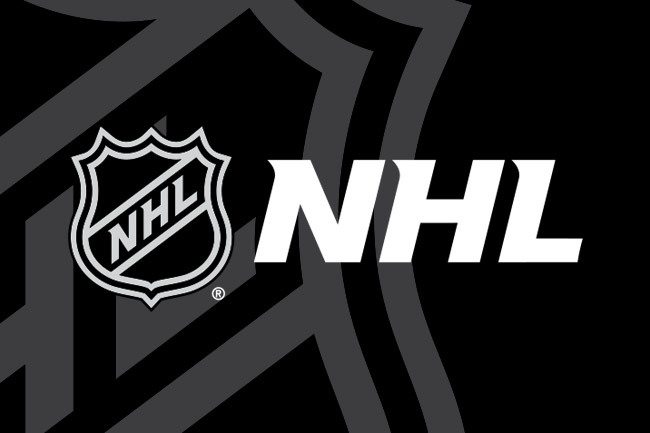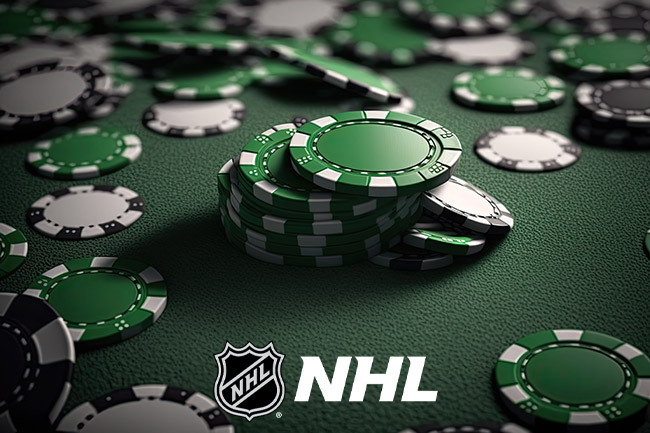Recently the NHL was shaken up by a gambling scandal resulting in the ban of Ottawa Senators forward Shane Pinto for 41 games. The controversy also sparked some discussions among gambling experts about the support provided for young athletes when it comes to betting. These researchers are now calling for leagues to better monitor and educate

It was recently revealed that Pinto was banned for 41 games by the NHL due to violating the league’s rules on sports betting. However, the league stated that it found no evidence that he was putting bets on NHL games and said that it considers the matter closed. The suspension went into effect at the start of the current season, hence leaving him unsigned.
Athletes are also Susceptible to Addiction

David Hodgins, a professor with the University of Calgary’s psychology department and who also works with the Alberta Gambling Research Institute noted the influx of betting advertising and how common are gambling firms now in sports and said it was a matter of time a player got affected. He wants the NHL to closely monitor such issues and changes in how it views gambling disorders.
He continued by saying that he is hopeful that there will be recognition that people can get addicted and that there will be a sort of impairment of control that for some people can be associated with their gambling involvement and that the appropriate professional support can be provided to individuals. Pinto is the latest athlete to be banned after the U.S. introduced sports wagering in 2018.
Meanwhile, the Canadian Hockey League introduced a new sports betting policy prior to the start of the 2023-24 season. It features an online education segment and tries to make sure people understand the policy and provide support for those in need. For the initiative, the CHL teamed up with the Canadian Mental Health Association and educate players on signs of problem gambling.
Andrew Kim, a professor at the University of Calgary emphasized the impact wagering can have on younger individuals. He elaborated that younger adults are at a higher risk of gambling and related issues. Similar to Mr. Hodgins, Mr. Kim noted that the prevalence of betting and gambling in sports can also affect athletes as they could believe that they are experts in their respective sports.
Ontario Makes Changes to Advertising
Recently, Ontario, which boasts the country’s only regulated and competitive market for iGaming, made some changes regarding the influx of betting ads. The Alcohol and Gaming Commission of Ontario banned the use of active or retired athletes in gambling promotions and endorsements, as it could have a negative effect on the younger generations watching hockey and other games.
The changes were long overdue, as in August 2022, Statistics Canada issued a new study on gambling behaviour. 2018 Canadian Community Health Survey, Gambling Rapid Response based on over 26,000 respondents, discovered that more than 300,000 residents of the country are at severe or moderate risk of developing gambling-related problems.
Source: “NHL suspension sparks call for gambling as mental health concern” CTV News, November 3, 2023



















